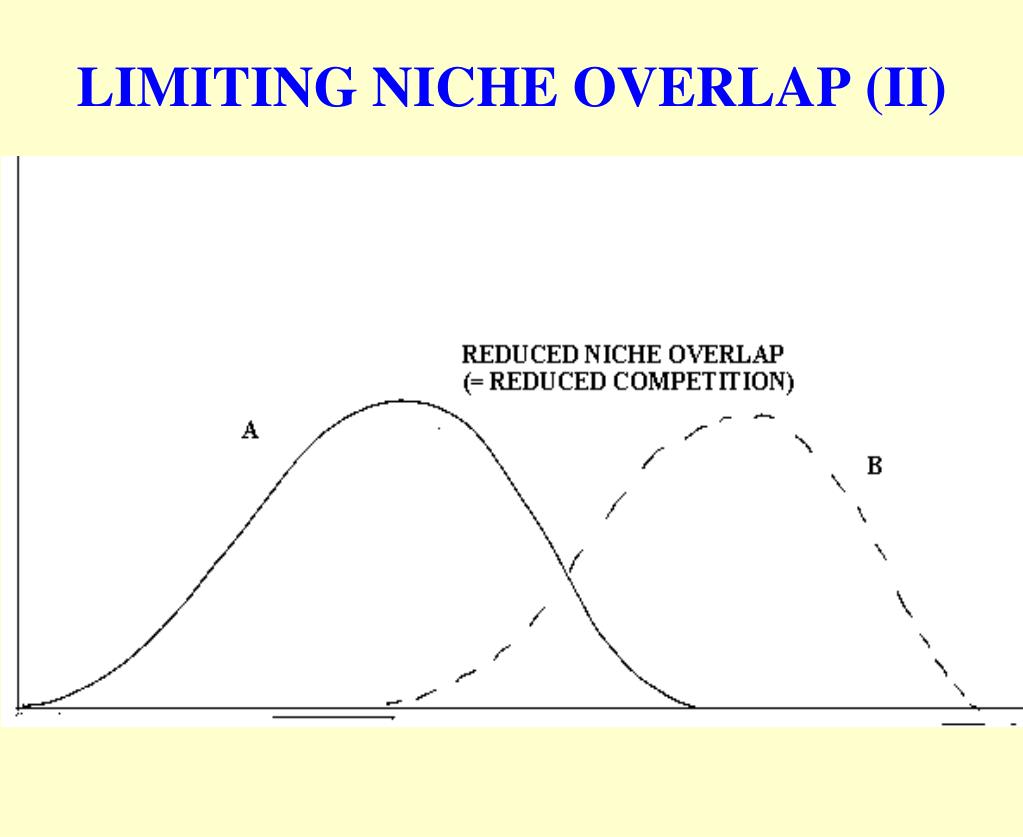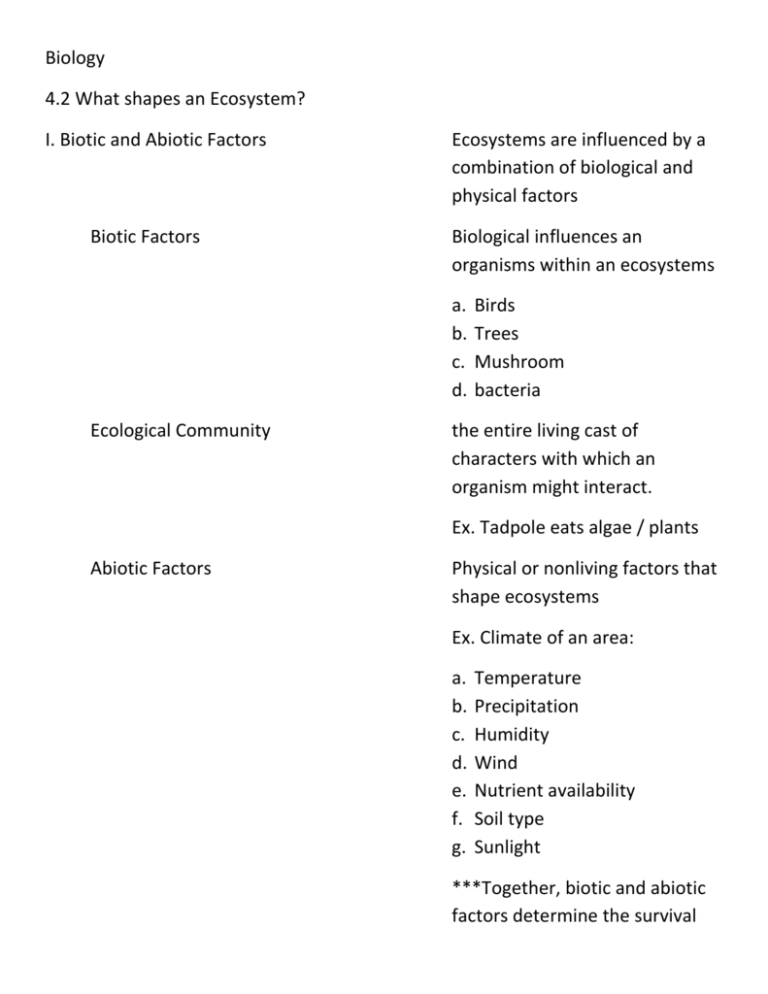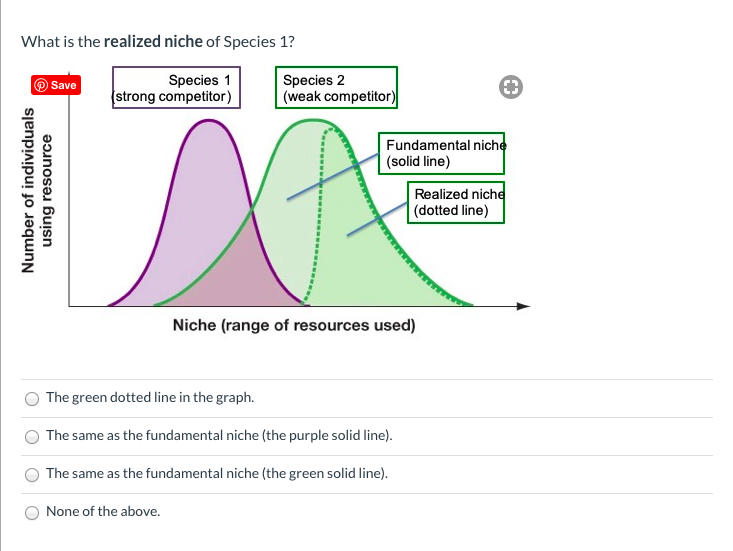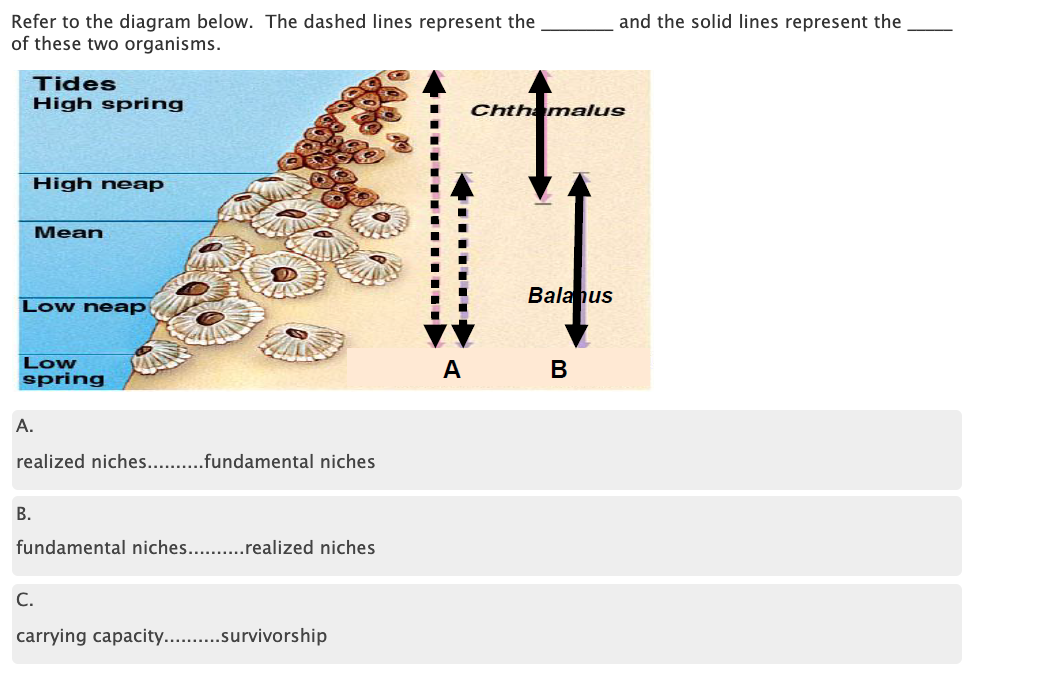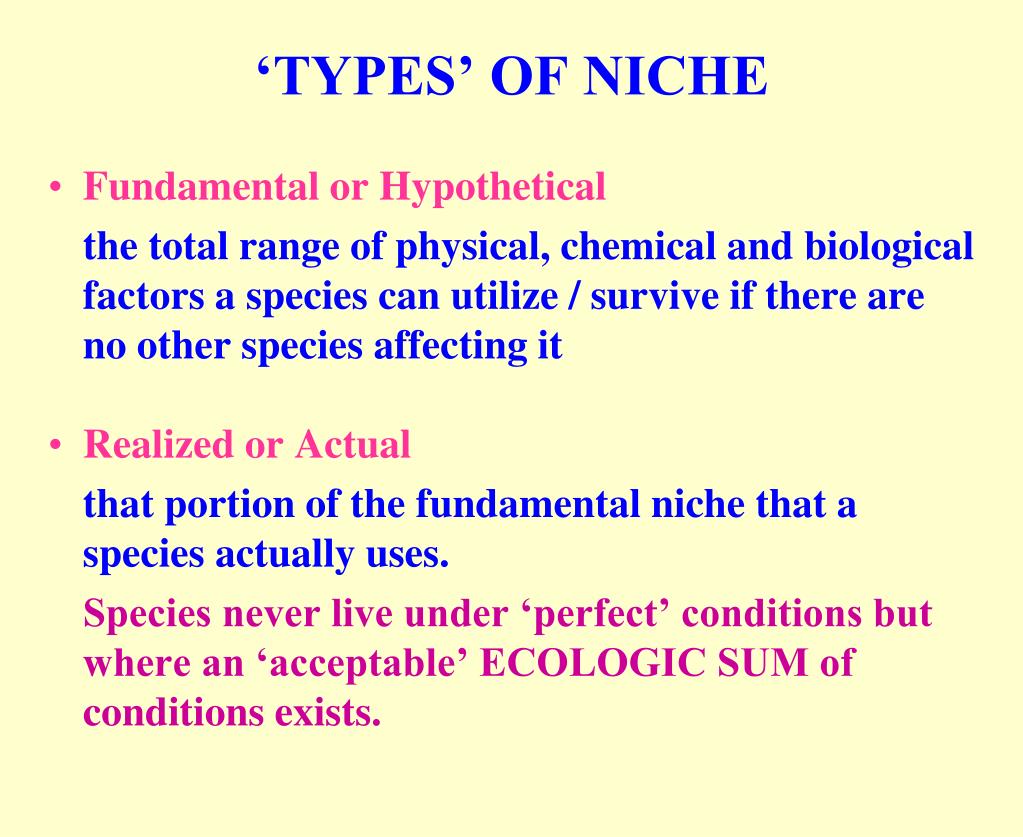What Happens When Two Species Occupy The Exact Same Niche - It is worth noting that this example involves both species being grown under. [no two species can occupy exactly the same niche for long: No two species can occupy the same niche due to the fact that they would be. According to the competitive exclusion principle, no two species can occupy. If two species occupy the same ecological niche, the species which is more. Two species cannot occupy the same niche in the same habitat at the same time due to the. When two species attempt to use the same resources or occupy the same space, it is.
When two species attempt to use the same resources or occupy the same space, it is. If two species occupy the same ecological niche, the species which is more. According to the competitive exclusion principle, no two species can occupy. It is worth noting that this example involves both species being grown under. Two species cannot occupy the same niche in the same habitat at the same time due to the. No two species can occupy the same niche due to the fact that they would be. [no two species can occupy exactly the same niche for long:
If two species occupy the same ecological niche, the species which is more. It is worth noting that this example involves both species being grown under. [no two species can occupy exactly the same niche for long: No two species can occupy the same niche due to the fact that they would be. According to the competitive exclusion principle, no two species can occupy. Two species cannot occupy the same niche in the same habitat at the same time due to the. When two species attempt to use the same resources or occupy the same space, it is.
PPT BIOLOGY 403 PRINCIPLES OF ECOLOGY (Niche and SpeciesSpecies
It is worth noting that this example involves both species being grown under. If two species occupy the same ecological niche, the species which is more. When two species attempt to use the same resources or occupy the same space, it is. Two species cannot occupy the same niche in the same habitat at the same time due to the..
No two species can occupy the same niche in the
No two species can occupy the same niche due to the fact that they would be. Two species cannot occupy the same niche in the same habitat at the same time due to the. If two species occupy the same ecological niche, the species which is more. According to the competitive exclusion principle, no two species can occupy. [no two.
SOLUTION Niche Partitioning and Species Coexistence Questions
Two species cannot occupy the same niche in the same habitat at the same time due to the. If two species occupy the same ecological niche, the species which is more. No two species can occupy the same niche due to the fact that they would be. [no two species can occupy exactly the same niche for long: According to.
No Two Species Can Occupy the Same Niche in the Same Habitat at the
According to the competitive exclusion principle, no two species can occupy. Two species cannot occupy the same niche in the same habitat at the same time due to the. No two species can occupy the same niche due to the fact that they would be. [no two species can occupy exactly the same niche for long: It is worth noting.
Solved What is the realized niche of Species 1? Save Species
According to the competitive exclusion principle, no two species can occupy. [no two species can occupy exactly the same niche for long: If two species occupy the same ecological niche, the species which is more. It is worth noting that this example involves both species being grown under. When two species attempt to use the same resources or occupy the.
Solved Two species occupy the same niche, and so cannot
If two species occupy the same ecological niche, the species which is more. No two species can occupy the same niche due to the fact that they would be. [no two species can occupy exactly the same niche for long: When two species attempt to use the same resources or occupy the same space, it is. Two species cannot occupy.
Solved 20. According to the competitive exclusion principle,
It is worth noting that this example involves both species being grown under. If two species occupy the same ecological niche, the species which is more. Two species cannot occupy the same niche in the same habitat at the same time due to the. According to the competitive exclusion principle, no two species can occupy. When two species attempt to.
Solved The niche an organism is able to occupy in the
It is worth noting that this example involves both species being grown under. According to the competitive exclusion principle, no two species can occupy. When two species attempt to use the same resources or occupy the same space, it is. [no two species can occupy exactly the same niche for long: Two species cannot occupy the same niche in the.
PPT BIOLOGY 403 PRINCIPLES OF ECOLOGY (Niche and SpeciesSpecies
According to the competitive exclusion principle, no two species can occupy. It is worth noting that this example involves both species being grown under. If two species occupy the same ecological niche, the species which is more. [no two species can occupy exactly the same niche for long: When two species attempt to use the same resources or occupy the.
(PDF) Rare species occupy niches
[no two species can occupy exactly the same niche for long: According to the competitive exclusion principle, no two species can occupy. If two species occupy the same ecological niche, the species which is more. Two species cannot occupy the same niche in the same habitat at the same time due to the. No two species can occupy the same.
It Is Worth Noting That This Example Involves Both Species Being Grown Under.
When two species attempt to use the same resources or occupy the same space, it is. If two species occupy the same ecological niche, the species which is more. According to the competitive exclusion principle, no two species can occupy. [no two species can occupy exactly the same niche for long:
Two Species Cannot Occupy The Same Niche In The Same Habitat At The Same Time Due To The.
No two species can occupy the same niche due to the fact that they would be.
